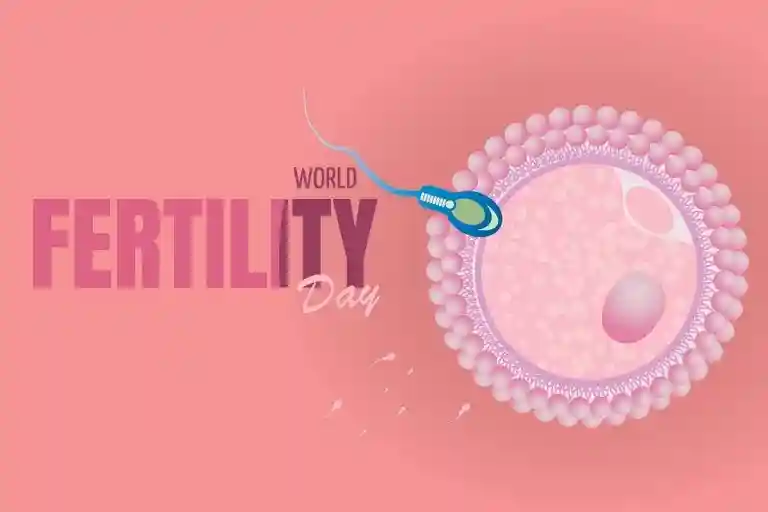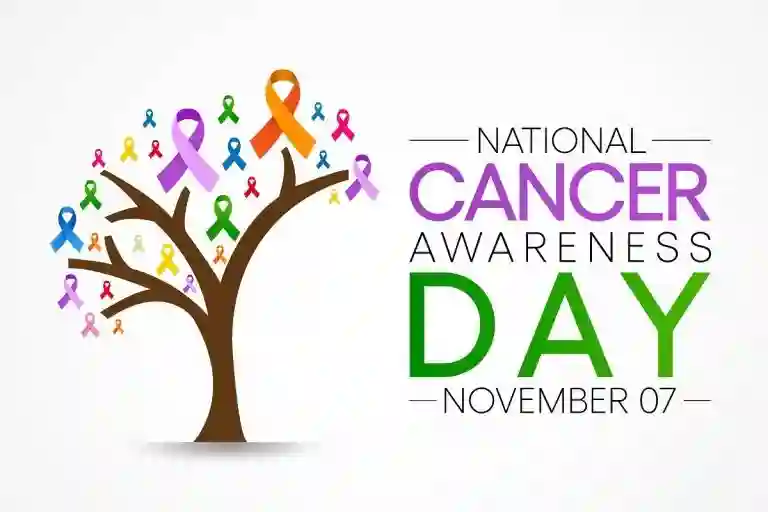The International Day of People with Disability is celebrated on December 3 every year. The day promotes awareness about people with disabilities as well as encourages them by implementing a lot of assistance in their real lives to enhance their way of life and remove the social stigma towards them.
The theme for 2024 is “Transformative Solutions for Inclusive Development: the role of Innovation in Fuelling an Accessible and Equitable World “.
What is International Day of Persons with Disabilities 2024?
International Day of Persons with Disabilities (IDPD) is an annual event established by the United Nations to raise awareness and challenges faced by persons with disabilities. It also promote their full and equal participation in all aspects of society. It advocate for the rights and dignity of individuals with disabilities.
The United Nations Disability Inclusion Strategy
When launching the United Nations Disability Inclusion Strategy in June 2019, the Secretary-General stated that the United Nations should lead by example and raise the Organization’s standards and performance on disability inclusion—across all pillars of work, from headquarters to the field.
The United Nations Disability Inclusion Strategy provides the foundation for sustainable and transformative progress on disability inclusion through all pillars of the work of the United Nations. In August 2023, the Secretary-General submitted his fourth report on initiative taken by the UN system to implement the UN Disability Inclusion Strategy in 2022.
History of International Day of Persons with Disabilities
International Day of Persons with Disabilities was established by the United Nations General Assembly in 1992. It’s promote the rights and well-being of persons with disabilities. The day also commemorates the United Nations Convention on the Rights of Persons with Disabilities, which was adopted in 2006.
This observance serves as a reminder of the ongoing need to break down barriers, challenge stereotypes, and create a world where individuals with disabilities can fully participate and thrive in their life.
What are Some of the Common Disabilities?
There are many different kinds of disability and a wide variety of situations people experience. The disability may be permanent or temporary. It may exist from birth or be acquired later in life. People with the same disability are as likely as anyone else to have different abilities.
Some Types Include:
- Vision Impairment.
- Deaf or hard of hearing.
- Mental health conditions.
- Intellectual disability.
- Acquired brain injury.
- Autism spectrum disorder.
- Physical disability.
What are Physical Disabilities?
Physical Abilities include:
Conditions that may result in motor disabilities include spinal cord injury, Multiple Sclerosis (MS), Muscular Dystrophy (MD), and Cerebral Palsy (CP). Visual Disabilities and deafness: Individuals with visual disabilities possess varying levels of sight.
What are Some Mental Health Disabilities?
- ADHD – Attention Deficit Hyperactivity Disorder.
- Anxiety Disorder.
- Autism and Asperger’s.
- Bipolar Disorder.
- Depression.
- Alcohol or Drug Addiction.
- Organic Mental Disorders (including Organic Brain Syndrome)
- Panic Attacks.
What are Some Guidelines in Managing Disabilities?
- Hearing impairments can range from mild to profound. People who are hard of hearing may use a range of strategies and equipment including speech, lip-reading, writing notes, hearing aids or sign language interpreters.
- Mental illness is a general term for a group of illnesses that affect the mind or brain. These illnesses, which include bipolar disorder, depression, schizophrenia, anxiety and personality disorders, affect the way a person thinks, feels and acts.
- A person with a mental health condition may experience difficulty concentrating, which can sometimes be a result of medication. Try to avoid overly stressful situations wherever possible so that their condition is not exacerbated.
- Vision impairment refers to people who are blind or who have partial vision. When talking with a person who is blind or has a vision impairment always identify yourself and any others with you and ask if the person requires assistance, and listen for specific instructions, however be prepared for your offer to be refused. Whilst guiding a person, let them take your arm, rather than taking theirs. Describe any changes in the environment such as steps, obstacles, etc.
- Autism is an umbrella description which includes Autistic disorder. Autism affects the way information is taken in and stored in the brain. Following is affected verbal and non-verbal communication, social interactions and other activities.
- Impairments usually exist across three main areas of functioning:
- social interaction
- communication, and
- emotional withdrawal
- Acquired brain injury (ABI) refers to any type of brain damage that occurs after birth. The injury may occur because of infection, disease, lack of oxygen or trauma to the head. People generally experience increased fatigue (mental and physical)some slowing down in the speed with which they process information, plan and solve problems changes to their behavior and personality, physical and sensory abilities, or thinking and learning may also have difficulty in areas such as memory, concentration and communication.
In case of more information on disabilities please contact our Neurology department and Orthopaedic department for further management.
Conclusion
Wockhardt Hospitals, a chain of tertiary care super-specialty hospitals has more than 25 years of experience in the creation and management of Super Specialty Hospitals in India.
We are a premiere hospital in the country specializing in the treatment of musculoskeletal disorders and neurological disorders.
The Department of Bone and Joint at Wockhardt Hospitals and Neurosciences provides a continuum of treatment and care with an integrated system of doctors, supported by cutting-edge technology and world-class infrastructure to the treatment of disabilities through various programs and rehabilitations.
Wockhardt Hospitals is regarded as a center of excellence in the healthcare domain, having facilities in North Mumbai (Mira Road), South Mumbai (Mumbai Central), Nagpur, Nasik, Rajkot, and Surat. Wockhardt Hospital has state-of-the-art infrastructure. Our prime objective is patient safety and quality of care at all levels. The guiding philosophy is to serve and enrich the Quality of Life of patients and to make life win.


















